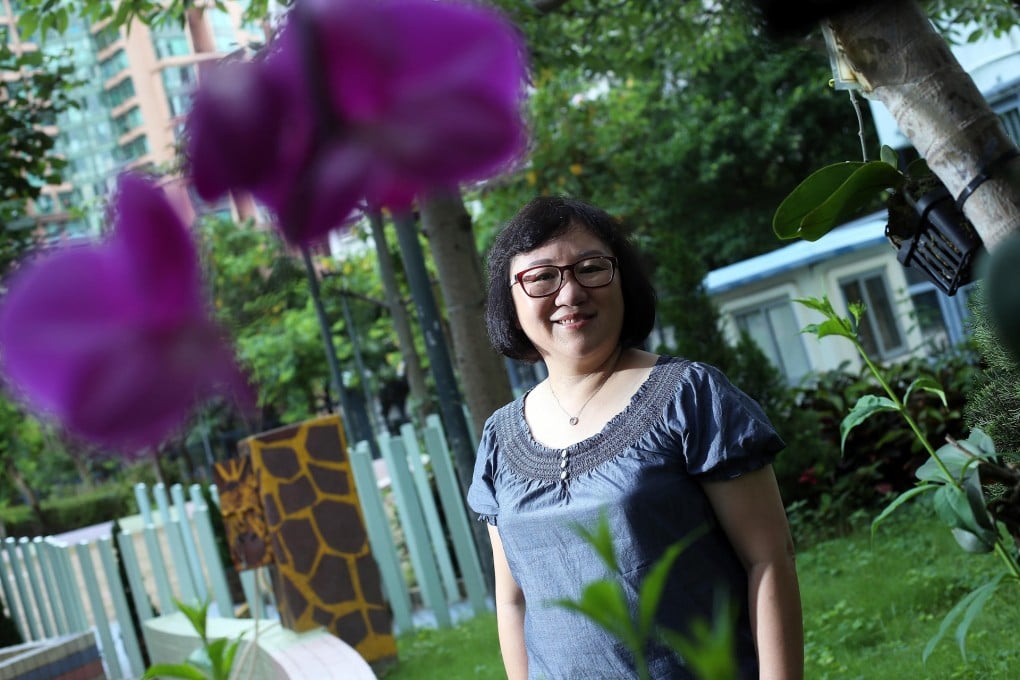How horticulture therapy can teach life skills to those with special needs
A local association is spreading the word on how looking after plants can teach valuable skills to those with special needs, writes Bernice Chan

It's the last class of horticulture therapy for the year at Christian Alliance Toi Shan Primary School in Ma On Shan, and students file into the classroom wondering what they're going to do.
The group of 10 SEN (special education needs) students include those with autism and attention deficit hyperactivity disorder. They were recommended by the school's social worker for the class. In the past year they have worked outside preparing a garden bed, planted seeds and grown wheatgrass and bean sprouts.
The lead teacher instructs them to cut and rinse the sprouts, then place the washed ones on a plastic plate.
Horticulture therapy is a form of self-reflection that is experiential
Each students' batch of sprouts will be cooked into soup for them to eat by the end of class. Some cut them one by one with scissors, while others grab a handful and try to cut them off in one snip. One girl has inadvertently added dirt with the water, while another boy has only snipped halfway through his plant and hasn't even begun washing the sprouts.
It's through these exercises that Connie Fung Yuen-yee hopes to engage the children in developing empathy, not only for the plants, but people, too.
Fung is the president of the Hong Kong Association of Therapeutic Horticulture, which spreads awareness about the benefits of looking after plants.
"I'm a registered social worker and I've worked with clients doing crafts or singing, but I find looking after plants most effective," she says.